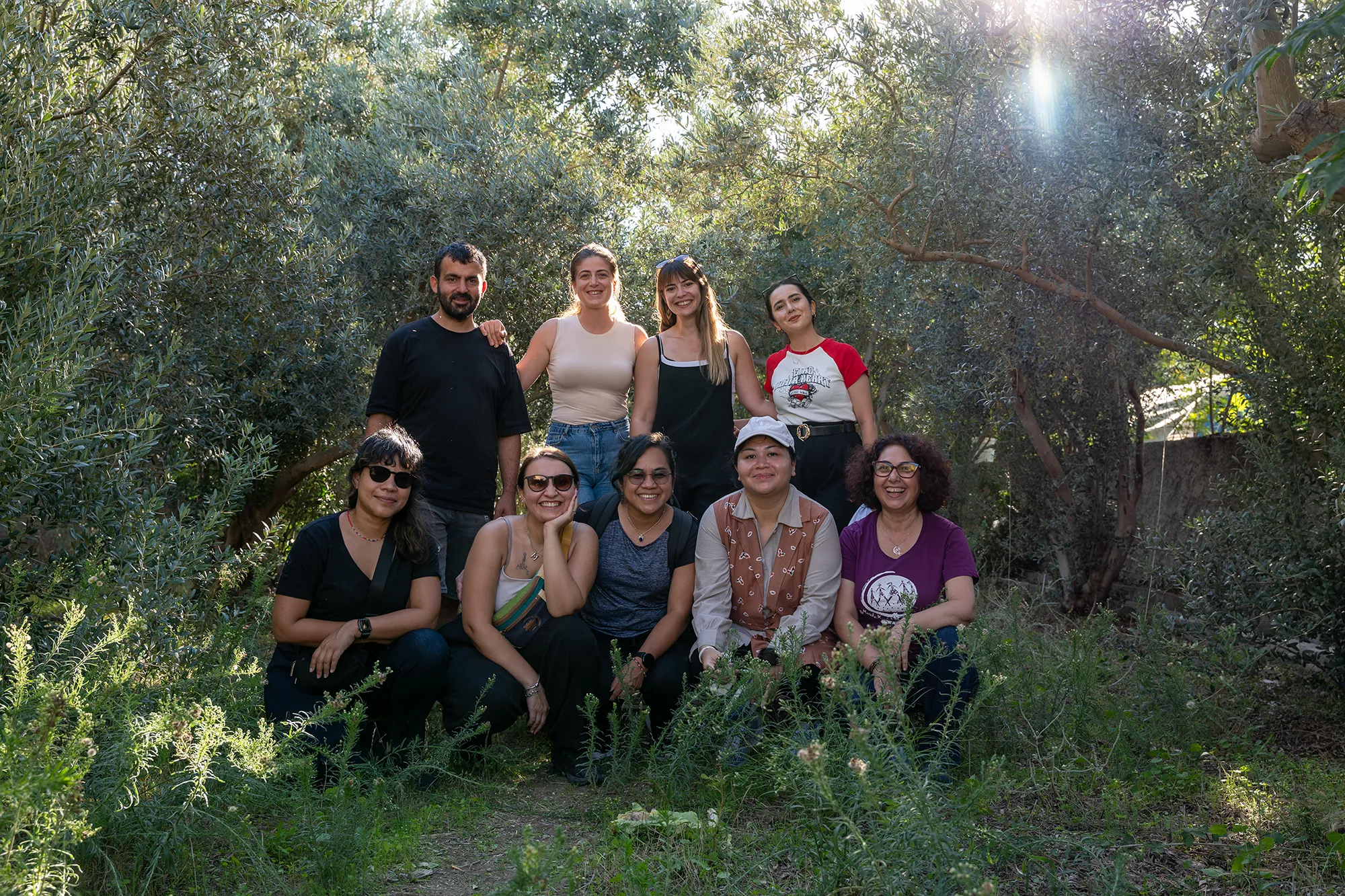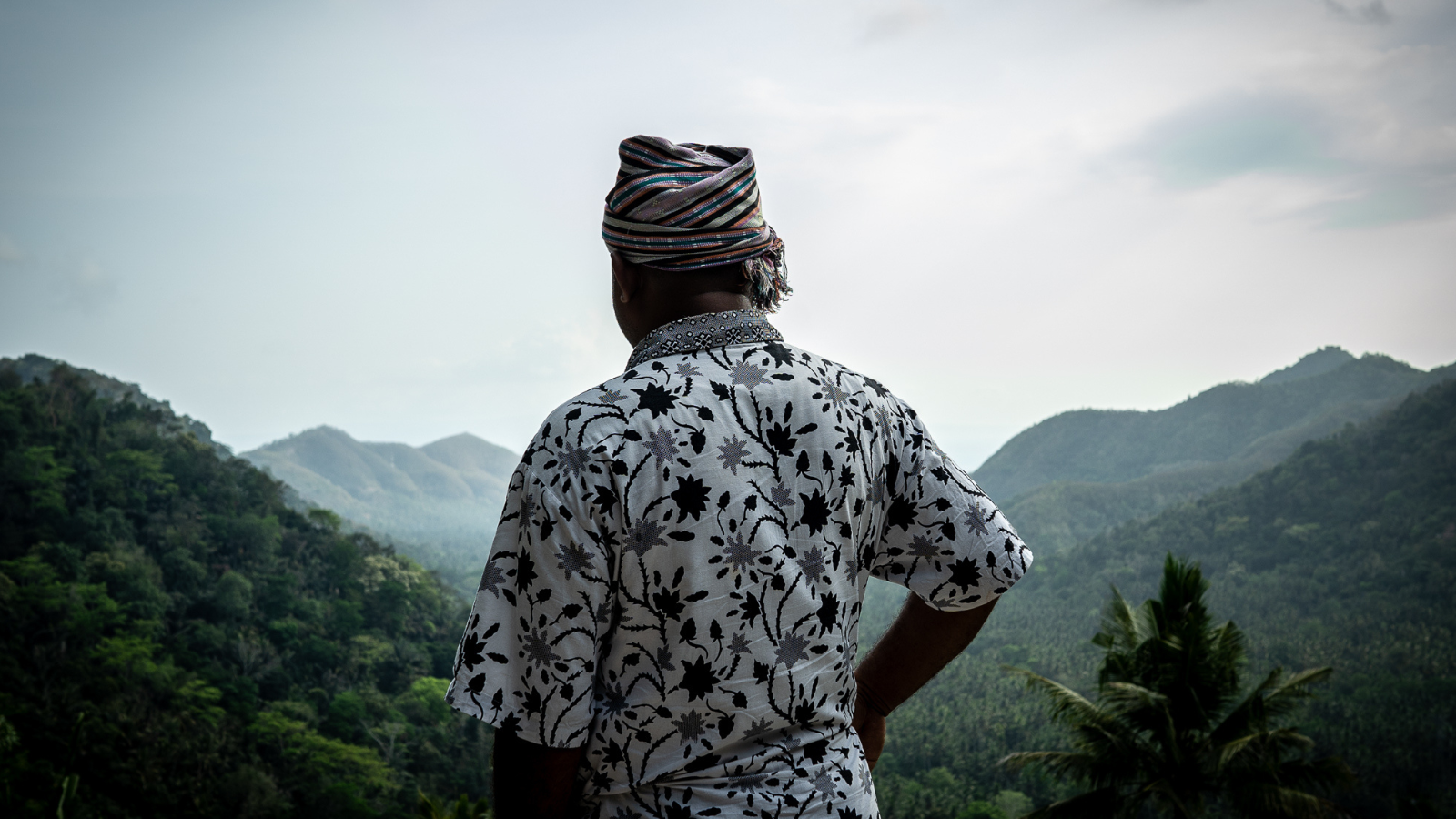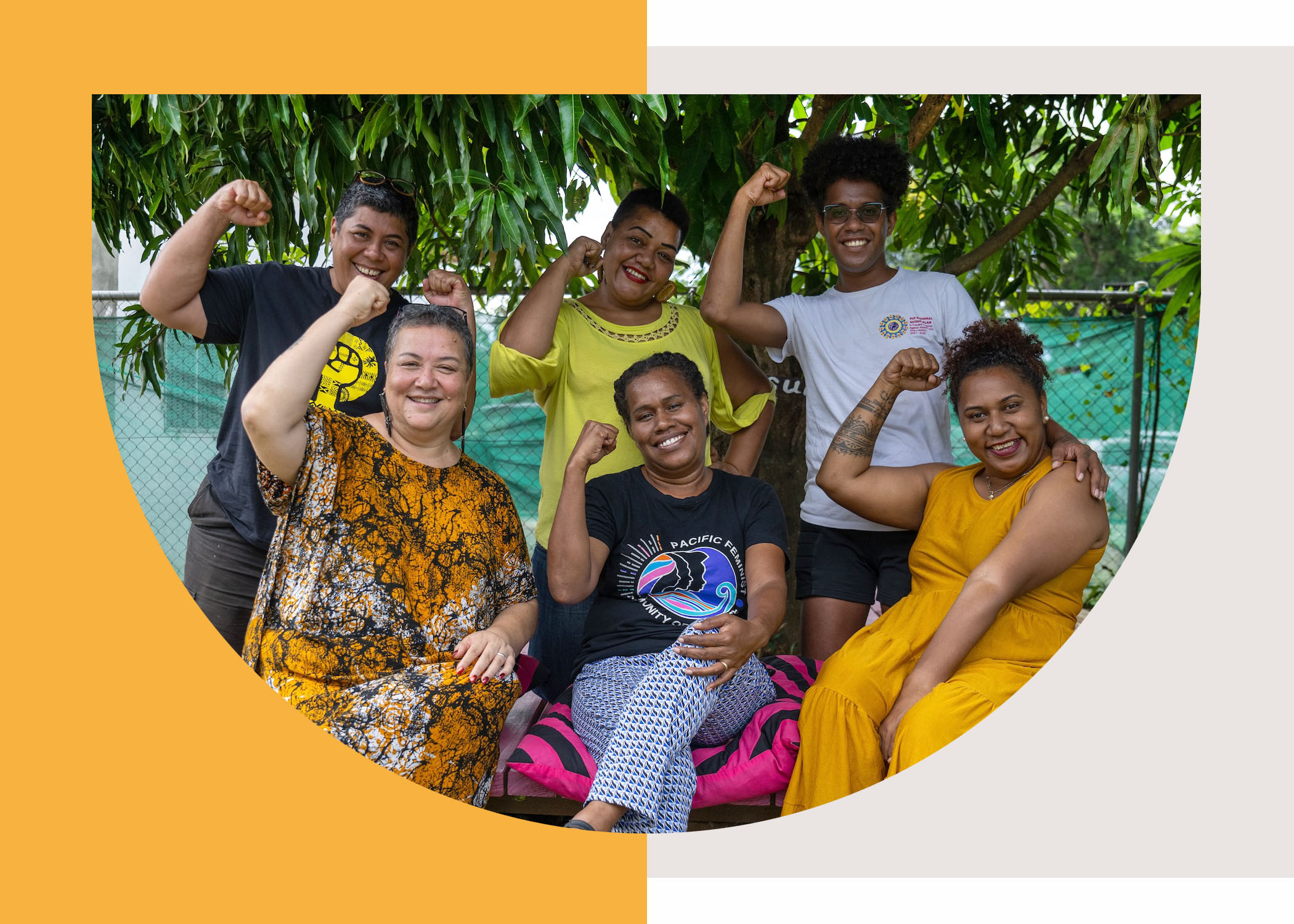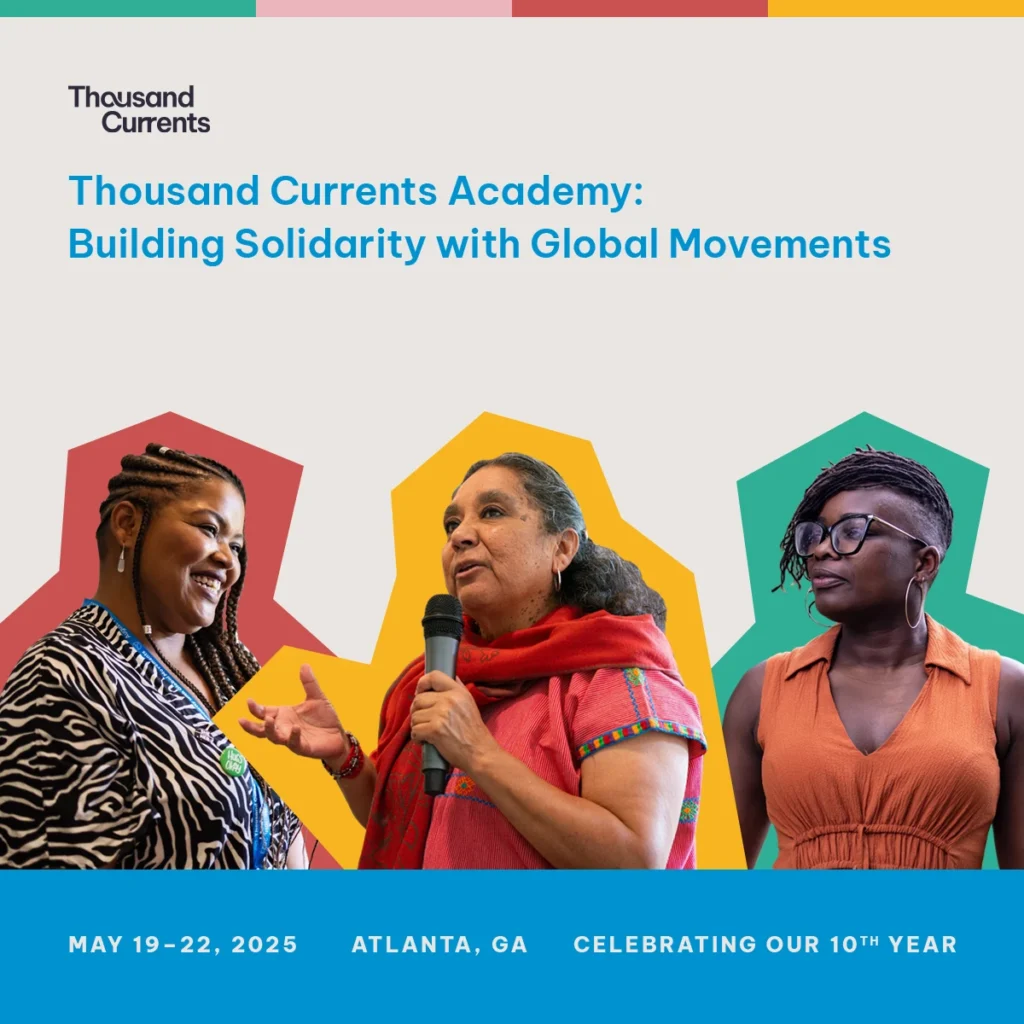Unpacking Popular Organizing and Philanthropic Funding in
Asia and the Pacific

A new research study that analyzes the complex relationship between popular organizations and institutional funding in Asia and the Pacific is now out! Synthesizing findings from 20 in-depth interviews that were conducted with several grassroots activists and two funders spread across 12 countries, Foregrounding Social Movement Voices: Popular Organizing and Philanthropic Funding in Asia and the Pacific centers popular movements’ perceptions and experiences with institutional funding.
A cross-collaborative coalition of authors and contributors led by Poorva Rajaram, our Asia and the Pacific Regional Director Ashlesha Khadse, and Philanthropy for Social Justice and Peace, the paper offers lessons into how donors can better understand and support such movement actors, who often receive less support as compared to more institutionalized NGOs. What types of resources do popular organizations draw upon? What are the (sometimes depoliticizing) effects of money on such movements? What does the imposed funder focus on short-term deliverables do to social change processes of social movements? These are some of the critical questions the paper addresses, including recommendations for funders who really want to pay attention to how, why, and where they fund.
![“The most difficult thing we face, the most challenging thing, is that we are a social movement and that means they [funders] are forcing us to be more technical, more bureaucratic, follow all financial policies, procurement, something, something and then it somehow impacts our movement."](https://thousandcurrents.org/wp-content/uploads/2023/06/7-1024x576.png)
The paper begins by explaining the “NGOization of social movements, ” at a time in the 1990s when neoliberalization was in full bloom. When states in the Global South were forced to withdraw resources from public services, private actors stepped in and the resulting trend of institutionalization, bureaucratization and de-politicization of the civic space led to the marginalization of more popular forms of organizing.
![“The funders changed their focus. But then the bad thing is when they changed their focus, they also lessened the amount of grants. And that … impacts everything: the activists’ food, their transportation[.] Basically there is nothing left for their family.”](https://thousandcurrents.org/wp-content/uploads/2023/06/10-1024x576.png)
But what does “popular organizing,” really mean? The co-authors define this as “collective efforts led by excluded and marginalized peoples acting to improve the daily circumstances of their own lives.”
![“They [Funders] don’t understand the realities of the grassroots or the lives of the people whom they are supposed to support. So something social, something intrinsic, something organic becomes a time bound project, quantifiable in terms of deliverables and outcomes and stuff.”](https://thousandcurrents.org/wp-content/uploads/2023/06/8-1024x576.png)
The paper offers insights on donor inflexibility that range from: barriers that social movements face in the registration processes; difficulty of fitting movement work into a proposal; over-reliance on particular skills created and formed for the NGO sector; depoliticizing effects of money; internal power dynamics within movements; power dynamics between donors and grantee partners; and much more.
With these exploratory interviews and in-depth analysis, the researchers want to educate institutional funders about how to authentically support activists who are a part of popular movements. They conclude the paper with 8 key recommendations:
1. Be flexible.
2. Rethink reporting, paperwork and mediums of communication.
3. Think beyond the project.
4. Build trust and mutual understanding.
5. Resource the new.
6. Do the homework.
7. Inquire of the larger questions about philanthropy’s role.
8. Support existing local intermediaries.
The authors conclude saying: “We hope this paper and the above recommendations will encourage donors not just to rethink philanthropic practices but to commit more resources to research and data collection about the state of social movement funding in the Global South, of which we still know far too little.”
Featured image illustration by Upasana Agarwal.
Related Stories





